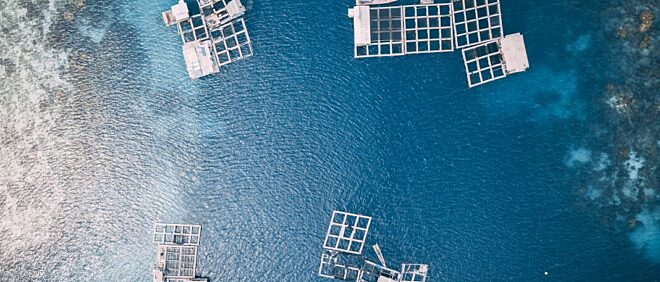
MIDSA - MIcroencapsulated Diets for Sustainable Aquaculture
Developing a sustainable, economically viable feed for bivalve shellfish
This project builds on the previous edition of MIDSA project, and will conduct consumer evaluation studies as well as a commercial viability analysis.
Bivalve shellfish aquaculture is highly attractive from a human nutrition, economic, environmental and ecosystem standpoint. However, industry growth for bivalve shellfish is falling behind that of fish aquaculture due to critical defects in the production process which are impacting production, including feed defects, disease, and quality issues.
The MIDSA project has developed a highly nutritious bivalve feed product from microencapsulated particles which aims to increase hatchery production rates through the uplift in the quality of broodstock, higher survivorship and growth of juveniles.
An important aspect to the project has involved sourcing the nutritional microencapsulated particles from waste streams, providing economic and sustainability benefits through a circular economy.
Project lead
Related Projects




